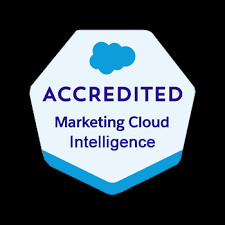The race in generative AI may conclude sooner than anticipated, despite it barely starting for most. Consider the role of generative AI as a supportive assistant, aiding users across dashboards, messaging platforms, and datasets by summarizing documents, chats, and answering queries in natural language. AI Yes Gen AI No.
At PegaWorld, significant attention was drawn to Pega’s Knowledge Buddy, an assistant integrated with LLM, specifically OpenAI on Azure, tailored to organization-specific data. CTO Don Schuerman emphasized the practicality of Pega’s solution: “Knowledge Buddy solves many enterprise problems, but it’s not the only RAG-based product out there. Everyone’s got one.”
Indeed, major companies each boast their AI assistants: Adobe with AI Assistant, Salesforce with Einstein Copilot, Microsoft with Copilot, HubSpot with various AI assistants, Oracle’s Digital Assistant, and SAP’s Joule. Possessing an AI assistant is now a necessity, not a differentiator, as it has become standard across competitors.
Generative AI tools like text and image generators have garnered public interest due to their accessibility. For instance, tools like Google Gemini enable anyone to create, blurring the lines between creator roles.
The prevalence of generative AI across over 14,000 martech products is notable, exemplified by MarTechBot, which leverages AI to answer queries and generate images based on MarTech’s vast archive.
While text and image generation capabilities rapidly advance, offering these tools is becoming a norm rather than a novelty. Soon, lacking these capabilities will be akin to a supermarket not selling eggs.
Does this signify the end of the AI arms race? While generative AI will continue to evolve, it is becoming ubiquitous as a fundamental requirement.
However, it’s crucial to distinguish the generative AI arms race from the broader AI landscape. Non-generative AI, such as predictive analytics and classification AI used in digital asset management systems, plays a critical role. This statistical AI analyzes data at scale to derive insights, recommend products, or guide customers through complex journeys.
Pega exemplifies this with its AI-driven decisioning and workflow automation, predicting optimal actions for specific challenges, which is distinct from the generative AI focus seen in competitors like Salesforce, Adobe, and Oracle.
Looking forward, while generative AI will permeate everyday applications, the true transformative AI for enterprises might lie in refined predictive AI or fully autonomous AI capable of unsupervised business decision-making.
In conclusion, while text and image generation will become commonplace, their revolutionary impact may wane compared to the potential of other AI applications poised to redefine enterprise capabilities.













